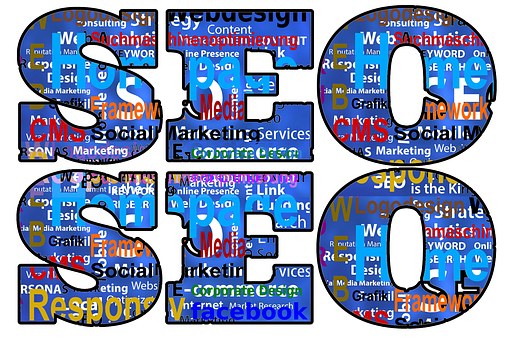Digital marketing has proven to be the most effective way to market a business website or general blog by far. Above everything else, these strategies are effective in that they take advantage of the huge online presence of potential clients and casual browsers. Even better, they can be implemented by just about anybody with basic computer savvy skills. In particular, the search engine optimization strategy has made the case as being the best digital marketing strategy for several reasons.

Also known as SEO, it is practically a free strategy to implement with the only costs coming from website upkeep and platform payment. Another reasons it’s popular is because it is not as technical as other strategies such as paid advertisement which requires knowledge on ad copy and bid adjustments.
These two qualities alone make SEO easy to see success from compared to other strategies. That said, there are still some people who manage to make a complete failure of there SEO strategy. However, the good news is that most of these failures come from mistakes that are easy to avoid. With this in mind, let’s go over seven reasons why some SEO strategies fail.
Table of Contents
1. Implementing The Strategy To Quickly
When it comes to SEO, one of the most overlooked reasons why people fail is because they implement a specific method to quickly. The key to SEO is to make every part of the process seem as natural as possible. If anything shows up to quickly or unnatural, Google’s algorithm is smart enough to know that something irregular might be going on with your website.
In turn, this hurts a website’s ranking factors until changes are made. Simply put, SEO takes time and dedication to see success. Any website that has held a strong SEO position online can be assumed to have used the right strategies naturally and patiently.
2. Using Outdated Strategies And Methods
Another thing to keep in mind when implementing an SEO method is to use one that is up to date. This is one of the biggest mistakes that a beginner optimizer makes with their website. Overall, be mindful of the fact that Google is always improving and finding ways to create a better environment for its users. While Google will never directly say this, they are always making changes to gain the most profit from its users on their digital marketing platforms.
3. Poor Website Interface
Another SEO factor that is not as talked about as it should be is website performance. More specifically, a poor website interface can be more damaging to a site’s SEO performance than people realize. Above everything else, Google boosts SEO standings if a website provides a friendly user experience.
4. A Crowded And Competitive Niche
Even with a patient and responsible optimizer, one thing that can hurt some SEO strategies is being in the wrong niche. To be more specific, being in a crowded and competitive niche will make it seem like no progress is being made. The simple reason for this is that established competitors have more resources and financial backing to sustain a strong SEO performance.
5. Leaving The Strategy Alone For Too Long
As mentioned before, Digital marketing and SEO strategies are constantly changing and improving. Because of this, if one strategy is working successfully currently, it doesn’t mean that it will do so a week from now. Changes can be made quickly. For this reason, it’s important to not leave a strategy alone for too long. Check on it every now and then to see if any changes need to be made to improve its performance.
6. Poor Keyword Research
As far as technical SEO methods are concerned, arguably the most important method is keyword research. Keyword research is what determines what content you write, the keyword density of the article, and what audience is being targeted. That said, if not enough research is put into finding the right keywords, the rest of the SEO process will be for nothing.
7. Not Tracking SEO Performance With Analytics
Last but not least, not tracking SEO performance analytics has shown to be one of the biggest reasons why some people fail. More than anything, analytics provides metrics such as time on page and linking opportunities that ultimately improve a site’s SEO standings.
Also Read- How To Repurpose Content for Better SEO

